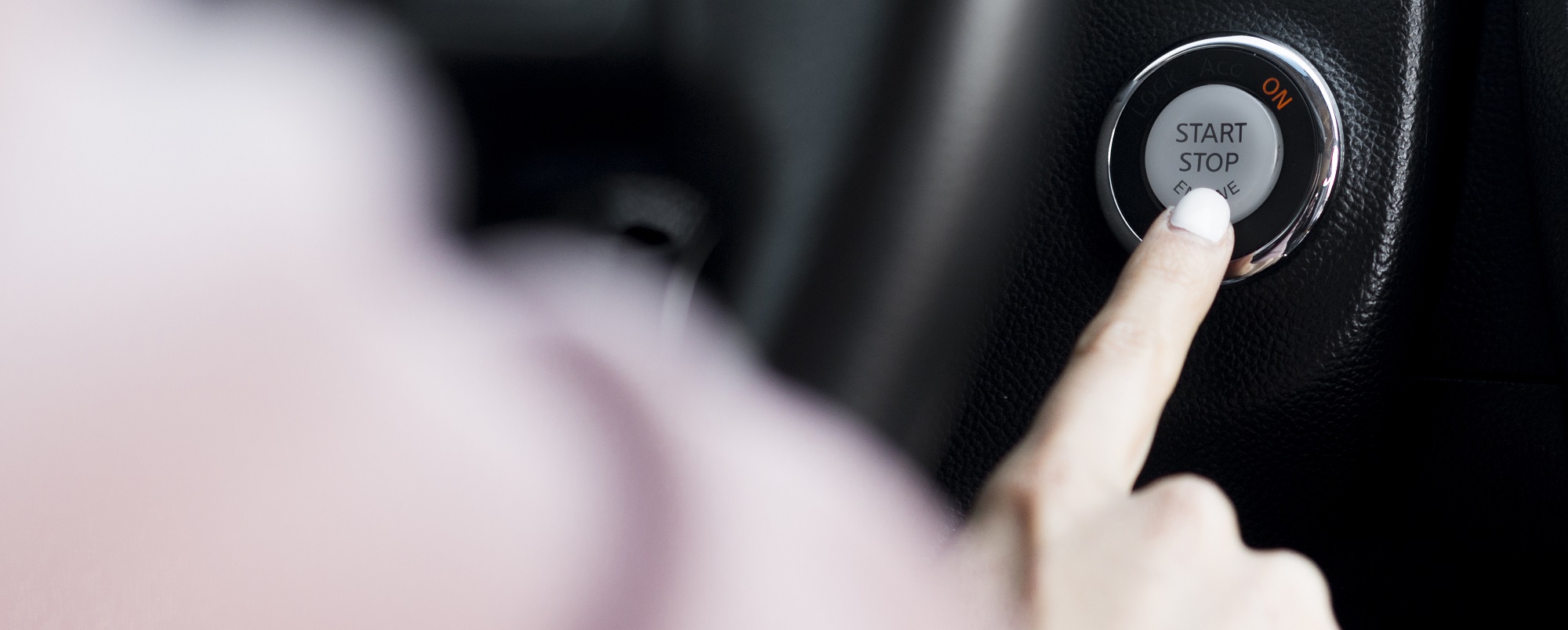Batteries | 6 MIN READ

MARK WATSON | CONTENT HEAD
10
Oct, 2024Understanding Start-Stop Technology and Battery Requirements
Start-stop technology saves fuel by shutting off the engine when the car stops and restarting it when you accelerate. This system needs a particular type of battery to handle frequent starts and stops efficiently.
Differences between regular and start-stop batteries
Understanding the difference between regular and start-stop batteries is crucial for vehicle owners. These batteries are not interchangeable, and while they have an average lifespan, and choosing the right one impacts your car's performance and longevity.
| Aspect | Regular Battery | Start-Stop Battery |
| Design Purpose | Designed for continuous use. Primarily to start the vehicle. | Engineered to withstand frequent starts and stops. Supports fuel-saving technology. |
| Durability | Less durable under start-stop conditions. | More robust. Designed to handle repeated cycling. |
| Technology | Lead-acid technology is common. | Advanced lead-acid or EFB (Enhanced Flooded Battery) and AGM (Absorbent Glass Mat) technologies. |
| Cost | Generally less expensive. | More expensive due to advanced technology and materials. |
| Energy Demand | Lower energy demand. | Higher energy demand to power electronic components even when the engine is off. |
| Life Span | Shorter life span in start-stop conditions. | Longer life span due to design for start-stop functionality. |
Choosing the correct battery ensures your vehicle runs efficiently, especially with the standard start-stop technology in many modern cars. For instance, many don’t know the difference between a 12V 75Ah start-stop battery and a 12V 85Ah battery of this type. With their advanced technology, these models are pivotal for vehicles with this fuel-saving system.
Even if the system is deactivated, opting for a battery that matches your car's design ensures optimal performance. Regular batteries might cost less, but they lack the durability and energy management needed for today's technologically advanced vehicles.
Implications of Using a Regular Battery with Deactivated Start-Stop Function
Using a regular battery in a car with a deactivated start-stop system can lead to performance issues and risk the car's overall functionality. Keep reading to explore how this choice might affect your vehicle.
Potential risks and performance issues
Fitting a regular battery in a car that originally comes with start-stop technology, even if you've permanently disabled the feature, poses several risks and can lead to performance issues.
Regular batteries might not efficiently handle these vehicles' advanced electrical demands. This could result in shorter battery life or unexpected failures since standard batteries are not designed for a start-stop system's high energy requirements and frequent charging cycles.
Cars equipped with this technology depend on enhanced batteries to provide consistent power during stop-start operations. Using an inappropriate battery may also affect other vehicle features that rely on a stable power supply, leading to complications with electronic systems or decreased fuel efficiency.
Vehicle owners who have chosen to permanently disable their Volkswagen's start/stop functionality should still consider installing the correct type of battery to avoid these potential setbacks.
Start-Stop As Standard Equipment In Most Cars Nowadays
Manufacturers now fit most new cars with start-stop systems. This technology turns off the engine when the vehicle stops and restarts it when you press the accelerator. It saves fuel and reduces emissions, making driving more eco-friendly.
Start-stop batteries support this system by handling frequent starts and stops without wearing down quickly.
Do I need a stop-start battery if the system is deactivated? Many car owners ask this question when considering whether to permanently disable start/stop in their Volkswagen or other vehicles. The answer lies in understanding that while deactivating may seem beneficial for some, using a regular battery can lead to potential issues in cars designed for start-stop functionality.
Conclusion
Deciding on whether you need a stop-start battery for your car, even if the system is turned off, hinges on understanding technology and car requirements. If you reactivate the system, regular batteries might not suffice for the increased demand.
Start-stop technology is now standard in cars, showing its importance in modern vehicles. Choosing the right battery ensures your vehicle runs smoothly and avoids potential power issues.
Keep this in mind when deciding on your next car battery purchase.





















































































No comments